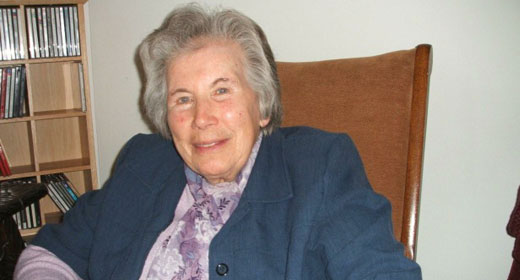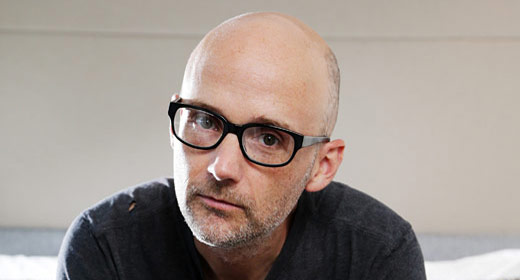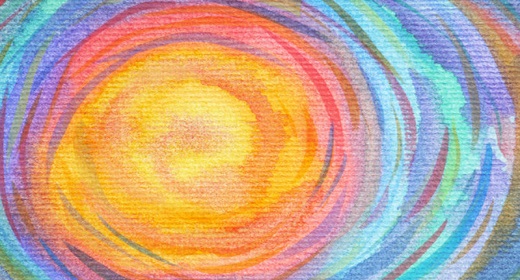Maranda Pleasant: With meditation, it’s funny how sometimes the things we see as electives or the things that we try to fit in
are probably most important to our mental health and growth.
Moby: I almost feel like, someone who’s meditating could possibly benefit their meditation practice and their well-being just sitting down and thinking about things that they love for ten minutes. In my case, I really love dogs. So simply sit down, close your eyes, and think about dogs for ten minutes. On a very clear physiological and neurochemical level, your body is changed by just these really positive thoughts.
Sometimes, people will think, I need to have presanctioned spiritual joy. Getting joy from my contemplative meditation practice, or getting joy from reading Thich Nhat Hanh books. Those things can be joyful, but I think it’s the small, simple joys of, I don’t know, playing with dogs or having sex with someone you love or going for a walk outside—stuff that we tend to ignore. I would say, based on my research, it’s incredibly beneficial to actually draw our attention to those joyful things that we tend to ignore.
MP: That’s really beautiful. What are some of the things in life that make you feel vulnerable?
M: Well, one is talking about spiritual issues and not sounding too New Age-y. I spent so much of my life reading about spirituality and reading about neuroscience and trying different meditation practices. It’s a really big part of my life. But it’s sometimes hard to talk about and not sound—there’s so many people in the world who don’t live in Southern California, and they don’t spend their time meditating, you know? Like, it’s perfectly natural for me to sit down and talk about meditating and spiritual practice with my friends. But then I realize, how would it sound to a drunk, cynical guy in London?
Basically, what’s happened over time is, a lot of people have realized that a good spiritual practice, a good meditation practice, all these issues, have real benefit. It’s not just something nice to do to make the universe happy. People who meditate and have a good spiritual practice, their immune systems are stronger. Generally, they are happier and healthier. One of our jobs is, how do we present this work to people in a way that will reach them where they are? Going back to your question, what makes me vulnerable is, honestly, any genuine expression of emotion in the presence of another person. It makes me vulnerable, and my inclination is, of course, immediately to back away from anything that makes me vulnerable. But by being vulnerable, either with yourself or in the presence of another person, that’s where all growth and ultimate well-being comes from.
MP: We just talked to Brené Brown, and she said, “Your courage is only equal to your vulnerability.”
M: To paraphrase Paul from the New Testament, he has a great soliloquy about love where he’s basically saying, if I’m the smartest person in the world and I don’t have love, then my intelligence means nothing. And if I’ve figured out the secrets of the universe, but I don’t have love, figuring out the secrets means nothing.
I can be really academic and I can spend years studying things and being in therapy and having a very analytic, spiritual meditation practice, but without the emotional component, without the softening that comes with love and vulnerability, everything else I do is really just surface. And a lot of times, I think that vulnerability—there’s just an honesty to it, and it’s an honesty that sometimes we spend our lives trying to cover up. One of the goals of a spiritual practice is self-awareness. And one of the best tools of self-awareness is actually just simple emotional vulnerability.









































